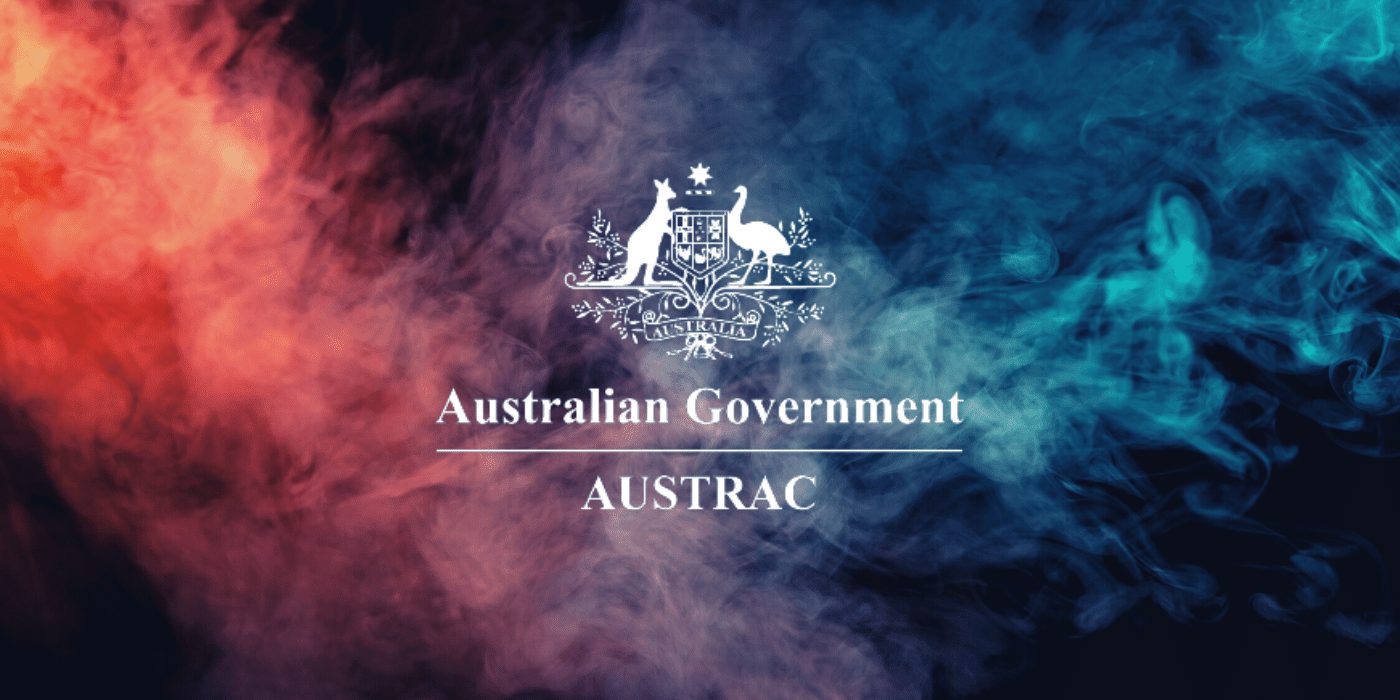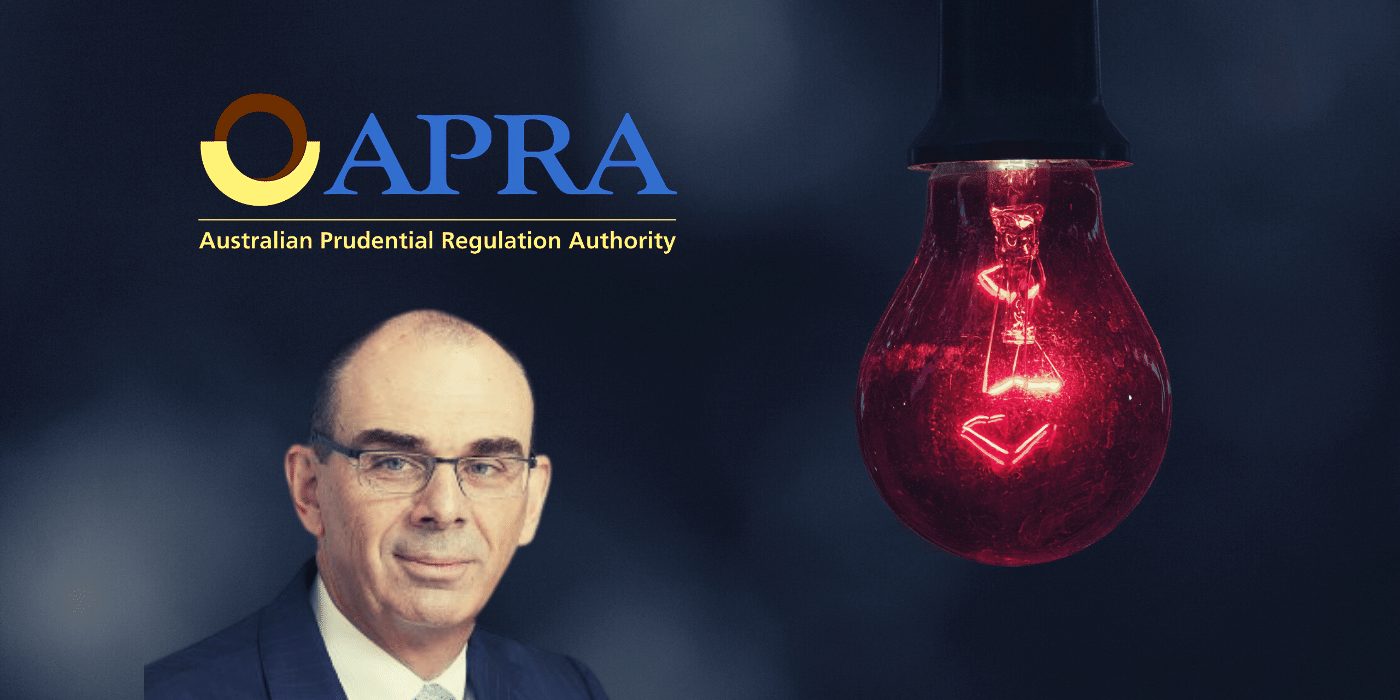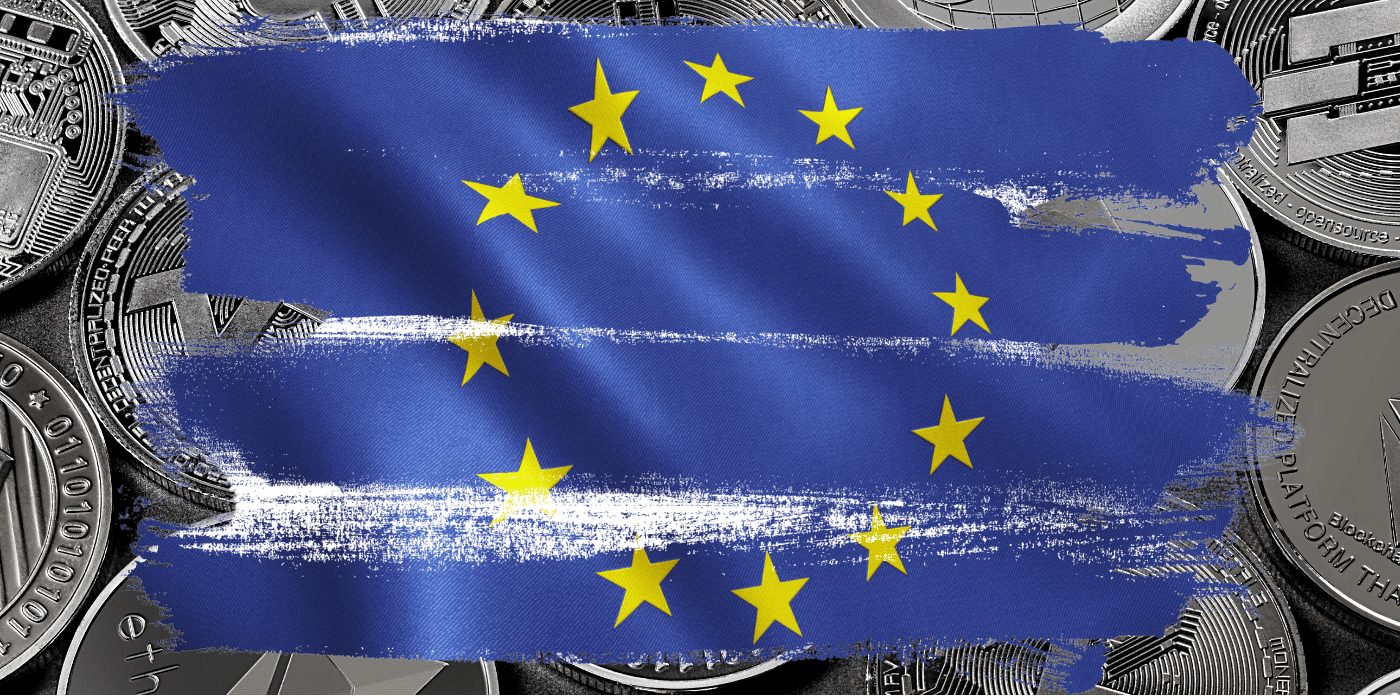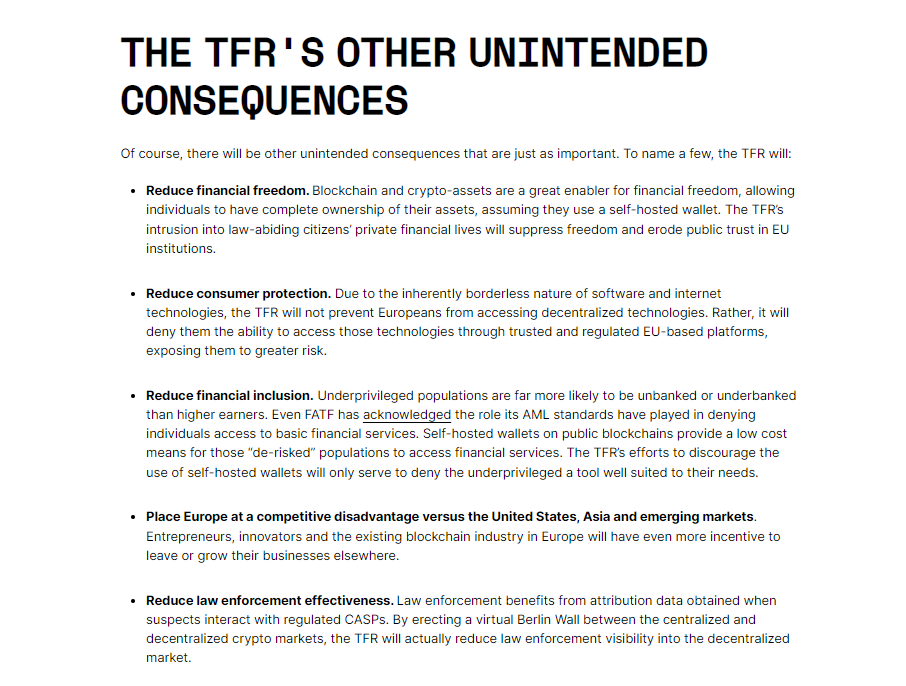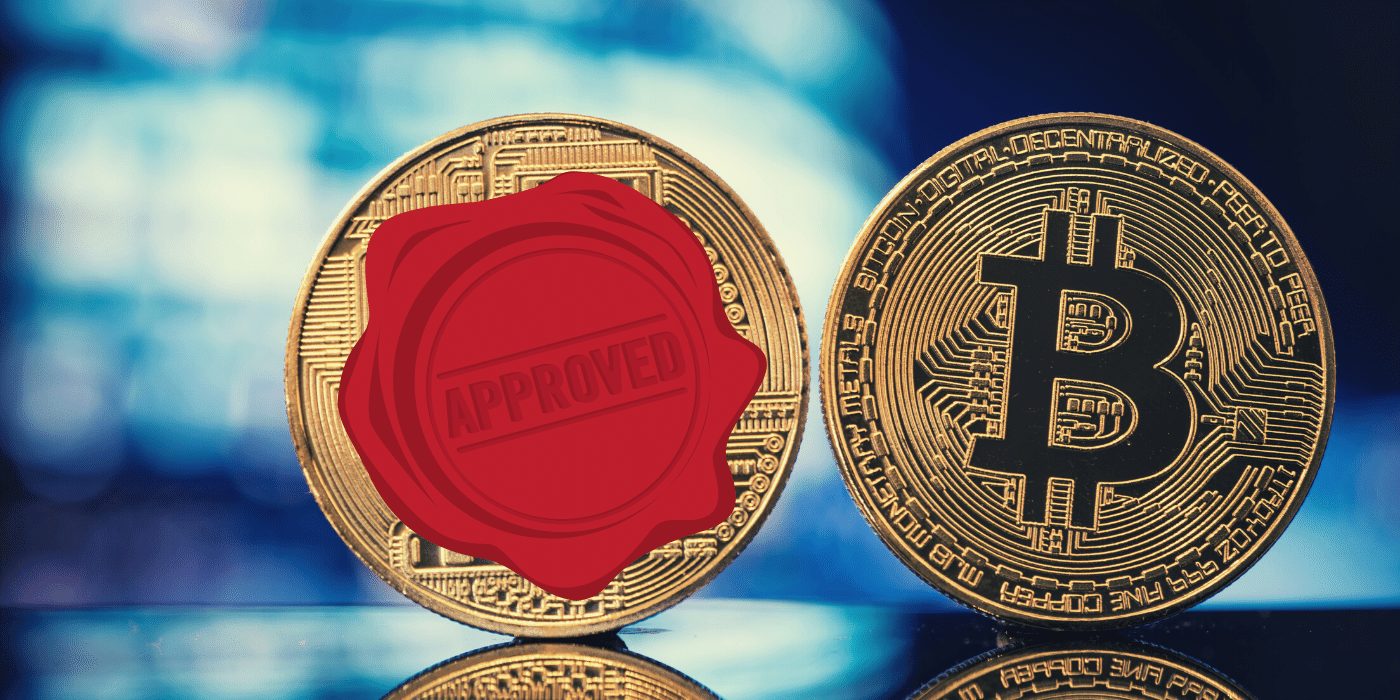One by one, nation states are taking steps towards becoming attractive destinations for the burgeoning digital asset sector. The latest to do so is international financial centre Panama, which has just passed a bill exempting crypto from capital gains tax:
Investment and Employment Boost
A plenary session of the Panamanian Legislative Assembly has approved a bill (40-0) regulating the use of crypto in the Central American country:

Project Law No. 697, which regulates the commercialisation and use of cryptocurrencies, the issuance of digital value, the tokenisation of precious metals and other goods, payment systems and dictates other provisions, was approved in the third debate.
Panamanian national assembly, Twitter
Congressman Gabriel Silver, who has actively promoted the bill, announced: “Crypto Law approved in third debate! This will help Panama become a hub of innovation and technology in Latin America!”
Last week, he argued that the bill aimed to “give legal stability to crypto assets in Panama [and] develop the crypto industry in the country to attract more investments and generate more employment”. Silver has since added:

The only thing missing is for the President to sign it. Thank you to all who helped. This will help create jobs and financial inclusion.
Gabriel Silver, Panama Congressman
Panama Steps Up its Game
Increasingly, we’re seeing countries, cities and regions implementing attractive regulatory frameworks to attract crypto capital and talent.
They don’t need to go as far as El Salvador and the Central African Republic and make bitcoin legal tender. Many have instead opted for zero capital gains tax, including the Swiss city of Lugano, as well as Roatán in Honduras and Madeira in Portugal.

In fact, Bitcoin educator Stefan Livera has argued that “removing capital gains from bitcoin spending is more important than legal tender laws”, and he may well be right.
The logic is that in doing so, bitcoin or cryptocurrencies become de facto legal tender as the act of spending does not constitute a capital gains tax event. This is also attractive to Bitcoiners as citizens have the ability to opt in, unlike legal tender laws, which are imposed from above by central authorities.
Panama’s latest move provides a clear signal to competing jurisdictions that when it comes to luring crypto investment and employment, it means serious business.




